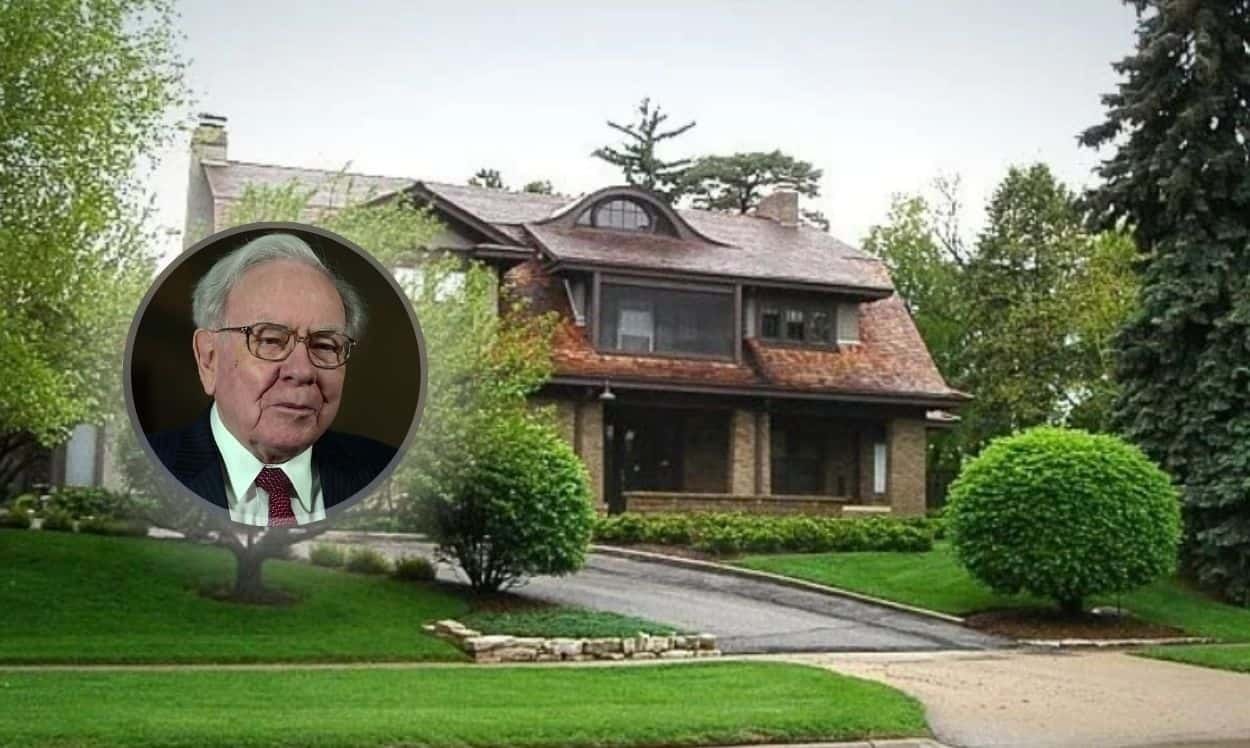- Income Ivy
- Posts
- $6 billion from refusing to move
$6 billion from refusing to move
Why staying put beats chasing hot markets
Hey there,
Welcome to the Income Ivy Newsletter.
Think you need to be in New York or Silicon Valley to build a billion-dollar business?
Most entrepreneurs do. They dream of moving to "where it's happening." But here's something that might change your thinking: Mike Ilitch built a $6 billion empire from Detroit during the city's worst decline, when everyone else was leaving.
He started Little Caesars in a strip mall in Garden City, Michigan in 1959. As Detroit collapsed through the 1970s and 1980s, investors begged him to move headquarters to Chicago or New York.
Ilitch refused. He doubled down on Detroit, buying sports teams and real estate when properties were dirt cheap. That geographic loyalty created advantages that moving to a "better" city never could have.
The wildest part? Three of America's most successful billionaires built their fortunes by stubbornly staying in places everyone told them to leave.
The Ilitches' Detroit moat
Mike and Marian Ilitch started selling pizza in suburban Detroit in 1959. Little Caesars grew steadily through the 1960s and 1970s, becoming a major regional chain.
Then Detroit fell apart. The 1967 riots devastated the city. The auto industry collapsed in the 1970s. By the 1980s, Detroit was synonymous with urban decay and bankruptcy.
Every business advisor told the Ilitches the same thing: Move headquarters to a thriving city. Chicago was close. New York had capital. Los Angeles had growth.
The Ilitches did the opposite. They stayed in Detroit and started buying. Sports teams that others thought were worthless. The Detroit Red Wings in 1982 for $8 million. The Detroit Tigers in 1992 for $85 million.
Then real estate. Lots of it. Downtown Detroit buildings that nobody wanted. Blocks of abandoned properties at basement prices.
Everyone thought they were crazy.
But staying created unforeseen advantages. The Ilitch family became Detroit royalty. Their loyalty to the city during its darkest decades created goodwill no amount of marketing could buy.
When Detroit started recovering in the 2010s, the Ilitches owned massive chunks of valuable real estate they'd bought for pennies. Their sports teams anchored the city's revival. Little Caesars grew to 4,000+ locations generating billions.
The Ilitch empire is now worth over $6 billion. All because they refused to leave when everyone else did.

Buffett's Omaha advantage
Warren Buffett is one of the world's richest people. He could have offices anywhere. New York. London. Hong Kong.
Instead, he's run Berkshire Hathaway from Omaha, Nebraska since 1965. Same city. Same modest office building. For six decades.
People constantly ask why. Omaha has no financial district. No venture capital scene. No networking advantages of major cities.
Buffett's answer is simple: Omaha has no distractions.
No pressure to attend the right parties. No status games about office locations. No keeping up with what competitors are doing. Just focus on analyzing businesses and making smart decisions.
Staying in Omaha created psychological advantages. Buffett avoided groupthink that plagues Wall Street. When everyone in New York was buying tech stocks in the late 1990s, Buffett sat it out. Geographic distance created intellectual independence.
Omaha also provided cost advantages. Lower overhead. Less expensive talent that stayed loyal longer. Employees who worked for the mission, not just the paycheck or resume building.
Berkshire Hathaway is now worth over $780 billion. Buffett's personal wealth exceeds $120 billion. All managed from a city of 500,000 people in Nebraska.

Bezos' Seattle stubbornness
Jeff Bezos started Amazon in his Seattle garage in 1994. As Amazon grew, the pressure to move intensified.
Investors wanted headquarters in Silicon Valley near other tech companies. Wall Street suggested New York for capital access. Some pushed for cheaper cities to reduce costs.
Bezos stayed in Seattle. Not because it was optimal on paper, but because Seattle had the talent pool he needed and moving would disrupt everything working.
Staying in Seattle created unexpected advantages. Amazon became the anchor employer for an entire region. The best engineers in the Pacific Northwest wanted to work there because it was the local giant.
Seattle's geographic isolation from Silicon Valley helped Amazon develop distinct culture. They weren't competing for the same talent pool or copying the same playbook as Google and Facebook.
The city loyalty created community support that mattered during controversies. When Amazon faced criticism, local politicians and residents often defended them because Amazon was Seattle's company.
Amazon is now worth over $1.6 trillion. Still headquartered in Seattle. Still benefiting from the geographic loyalty Bezos maintained.
The geographic continuity advantage
Here's what these three understood: Staying in one place compounds advantages that moving constantly resets.
The Ilitches built Detroit loyalty worth billions. Buffett gained intellectual independence from Omaha's isolation. Bezos created regional dominance in Seattle.
Moving to "better" locations would have destroyed these accumulated benefits.
Why place loyalty creates business moats
Community capital compounds over decades
The Ilitches didn't just operate in Detroit. They became Detroit. That emotional connection created pricing power, political support, and customer loyalty no newcomer could match.
Geographic outsiders avoid groupthink
Buffett's distance from Wall Street let him think differently. Not being in the echo chamber of major financial centers became his competitive advantage.
Regional dominance beats national presence
Amazon owns Seattle in ways they could never own Silicon Valley. Being the biggest employer in a region creates loyalty, talent access, and political influence.
How to build your geographic moat
Choose a place and commit deeply
Stop dreaming about moving somewhere "better." Pick your location and invest in becoming part of the community fabric. Time in one place compounds advantages.
Use geographic isolation strategically
Distance from industry hubs can be an advantage if it helps you avoid copying competitors or following trends blindly. Isolation creates independent thinking.
Build community relationships before you need them
The Ilitches bought sports teams and real estate for community reasons, not just profit. Those relationships paid off when Detroit recovered. Invest in your community long before needing the returns.
Become locally irreplaceable
Don't just operate in a city. Become essential to it. Hire locally. Invest locally. Build until moving would devastate the community. That irreplaceability becomes a business moat.
The sexiest business advice says move to where the action is. Chase the hot markets. Relocate to Silicon Valley or New York or Austin.
These billionaires proved the opposite. Sometimes the smartest move is refusing to move. Sometimes staying where you are, investing deeply, and building community roots creates advantages that chasing trends never could.
What would change if you committed to staying?
Emil | Founder of Income Ivy